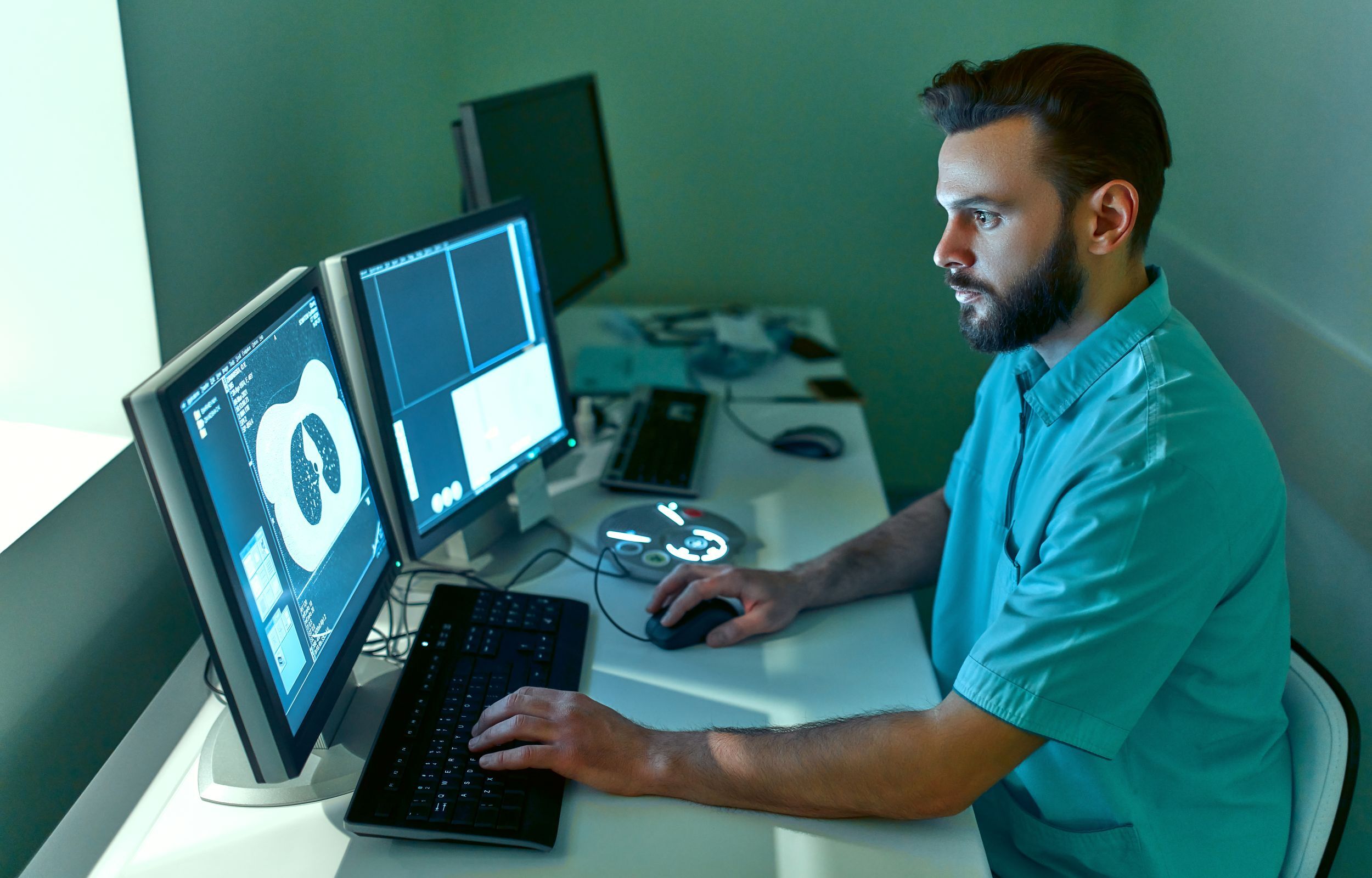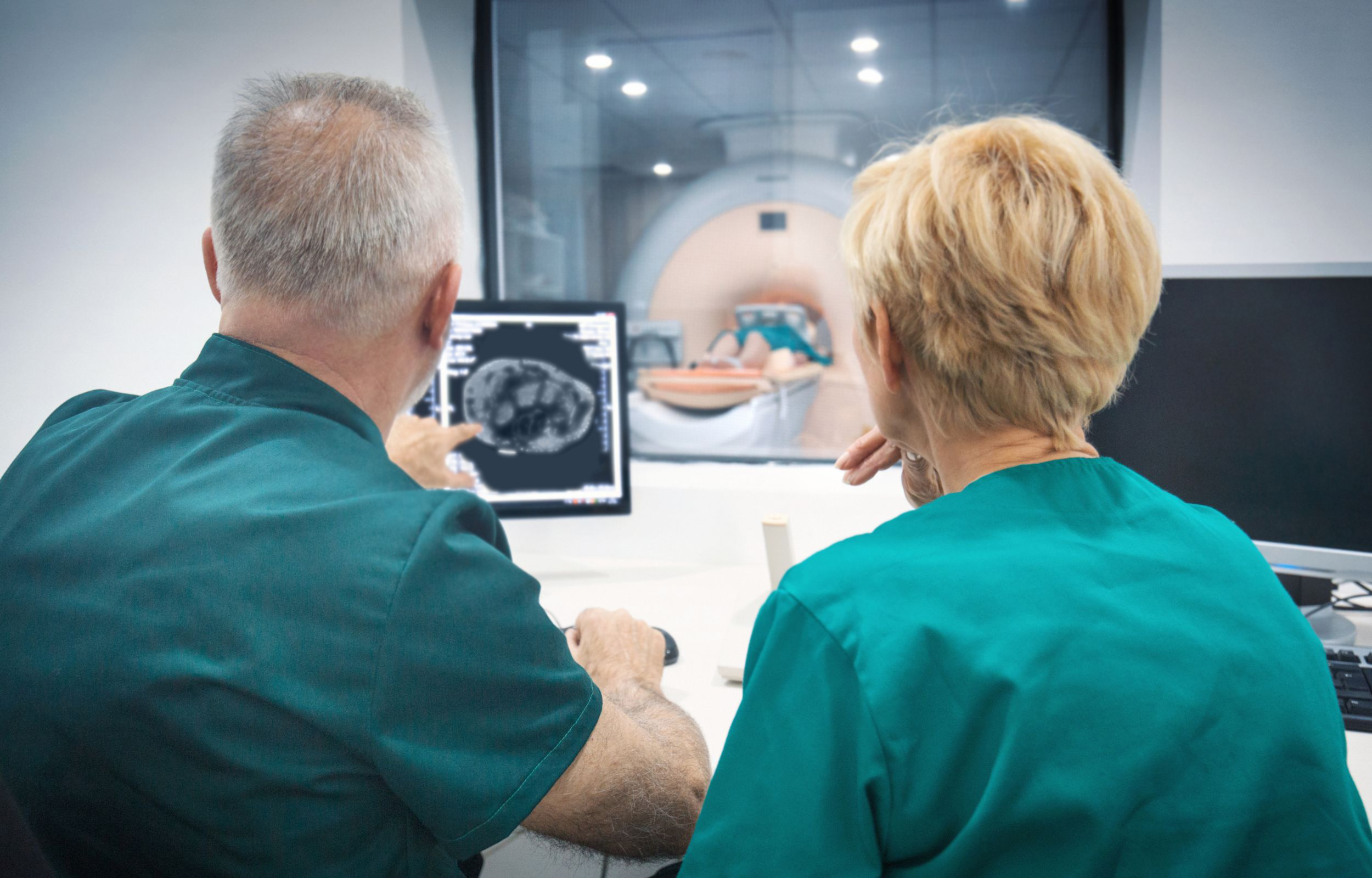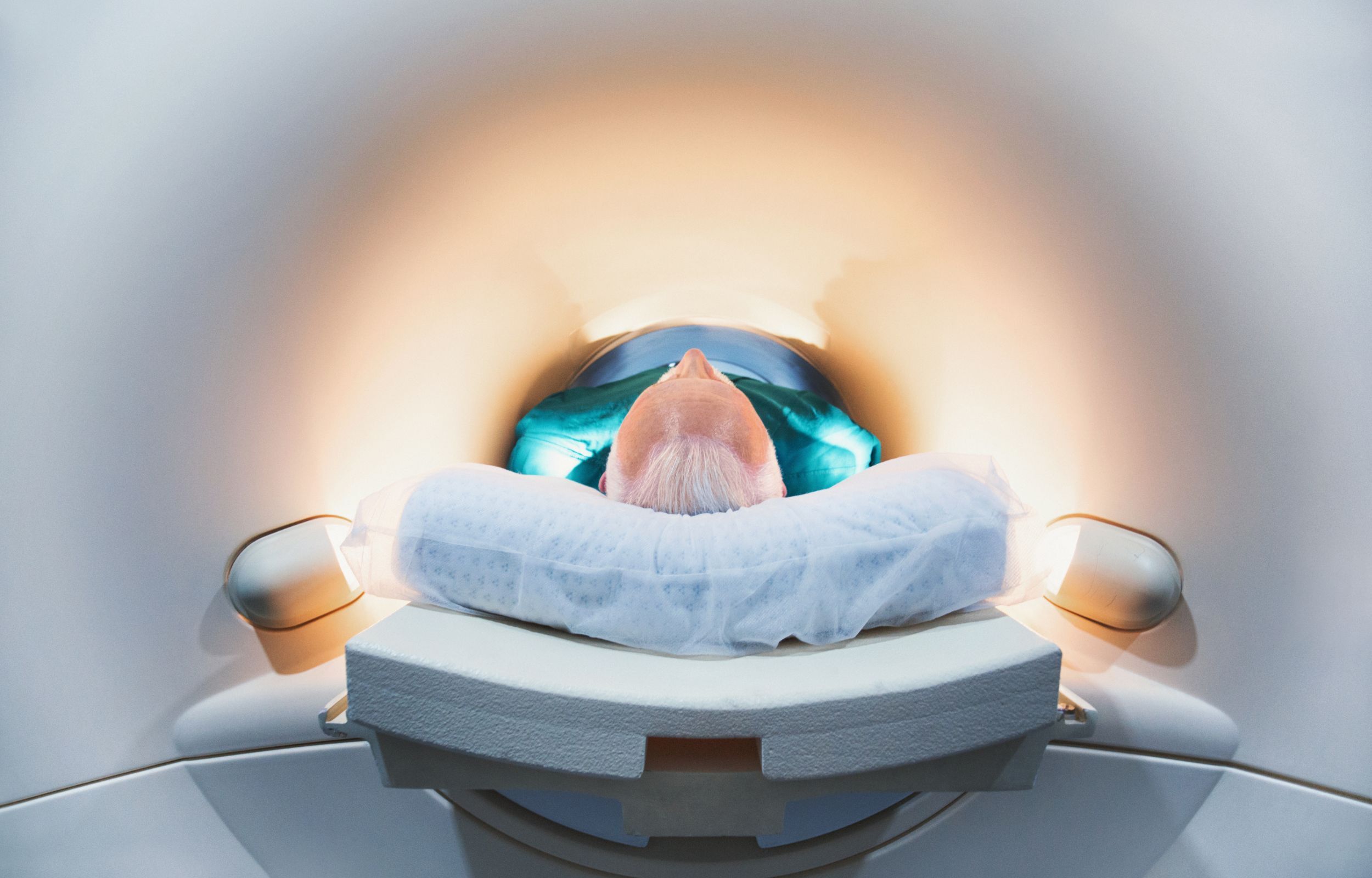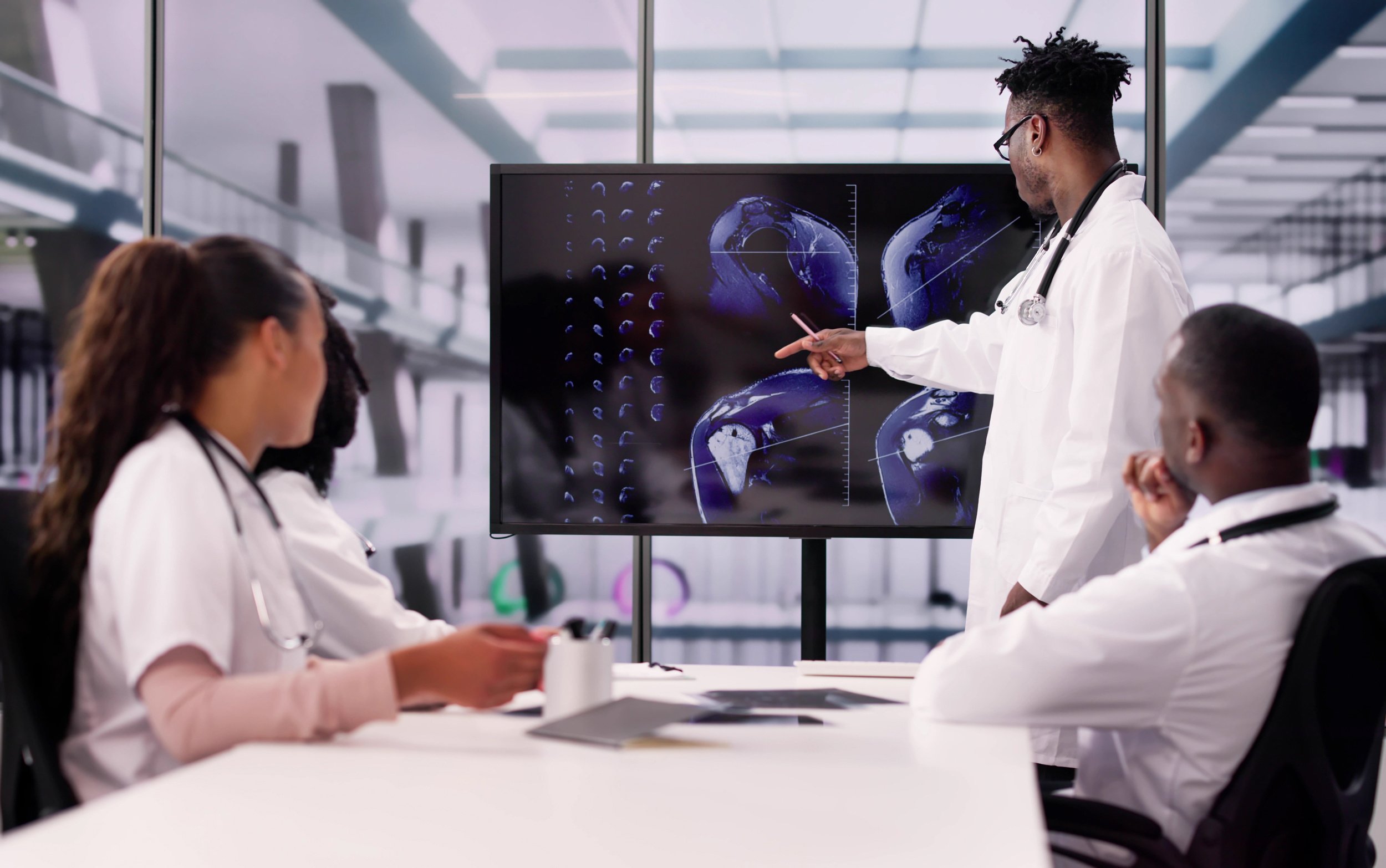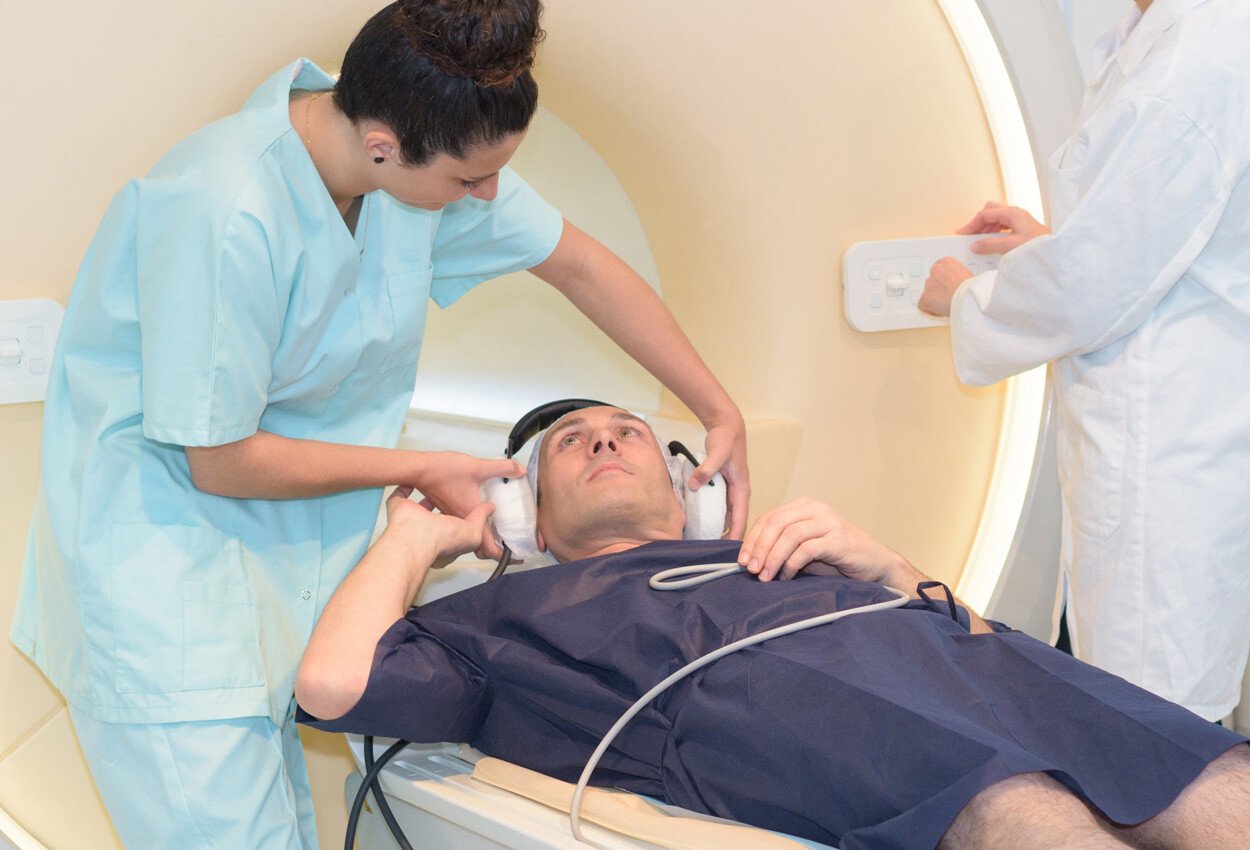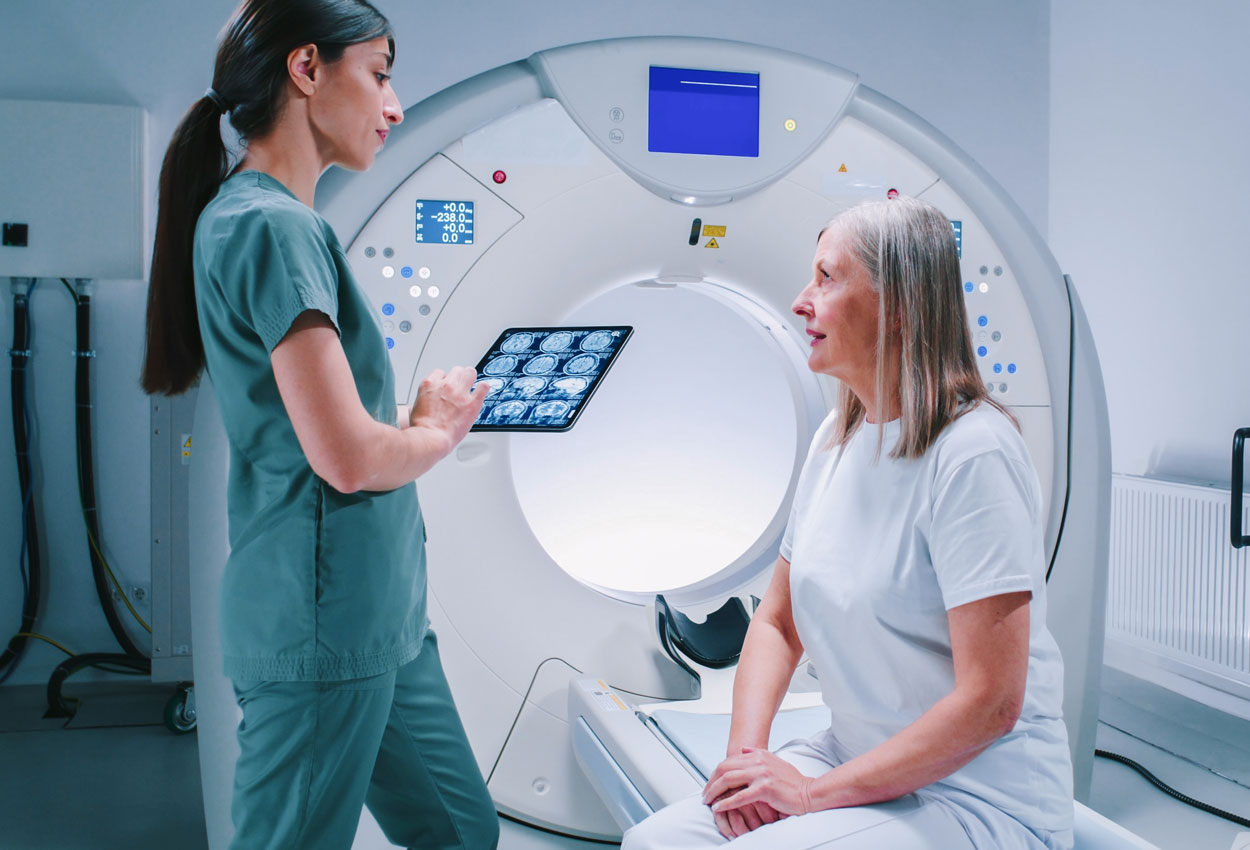As healthcare continues to evolve, so do the roles within imaging departments. One of the most impactful new positions emerging in MRI is the Imaging Assistant, a role designed to keep patient care,...
MRI technology continues to evolve at a remarkable pace. With higher field strengths, faster sequences, and artificial intelligence (AI) now assisting in image reconstruction and analysis, radiology...
In a busy MRI department, time is one of the most valuable resources. Patients are scheduled back-to-back, radiologists face pressure to deliver timely reports, and technologists balance workflow...
Magnetic Resonance Imaging (MRI) is one of the safest and most powerful diagnostic tools we have, but for children, it can be an intimidating experience. The loud noises, narrow tunnels, and need to...
In the fast-paced world of MRI diagnostics, clear communication between MRI technologists and radiologists is a must—but let's face it—it's not always smooth sailing. Often, patients describe pain or...
Nearly half of Americans, 48%, experience anxiety before visiting a doctor, marking an almost 10% rise from the previous year, as revealed by a recent survey. The primary causes of this anxiety...
Effective communication between radiologists and technologists in the MRI suite is essential to improving departmental workflow and patient throughput. With radiologists often working offsite and...
MR Enterography is an imaging exam that will help your physician see detailed images of the small intestine and is commonly used to evaluate conditions such as Crohn's disease, small bowel tumors,...
At 41, Tricia was managing the delicate balance of a busy career, married life and the challenges of raising three children under 10. There was no time to be sick, much less have breast cancer. So,...
